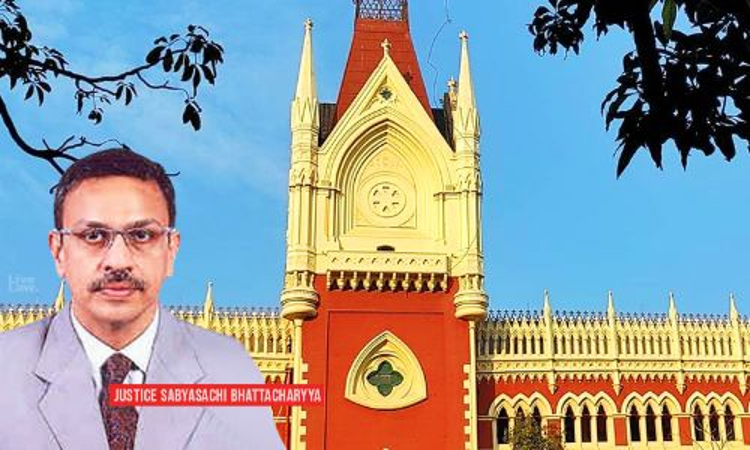Arbitral Award In Violation Of Contractual Bar Is Patently Illegal: Calcutta High Court
Rajesh Kumar
18 July 2024 11:39 AM IST

Next Story
18 July 2024 11:39 AM IST
The Calcutta High Court bench of Justice Sabyasachi Bhattacharyya has held that an arbitral award in violation of a bar contained in the contract is beyond the arbitrator's jurisdiction. The bench held that such an award categorically vitiated under Section 34(2)(a)(iv) of the Arbitration and Conciliation Act, 1996, as well as by patent illegality as envisaged in Sub-section...
